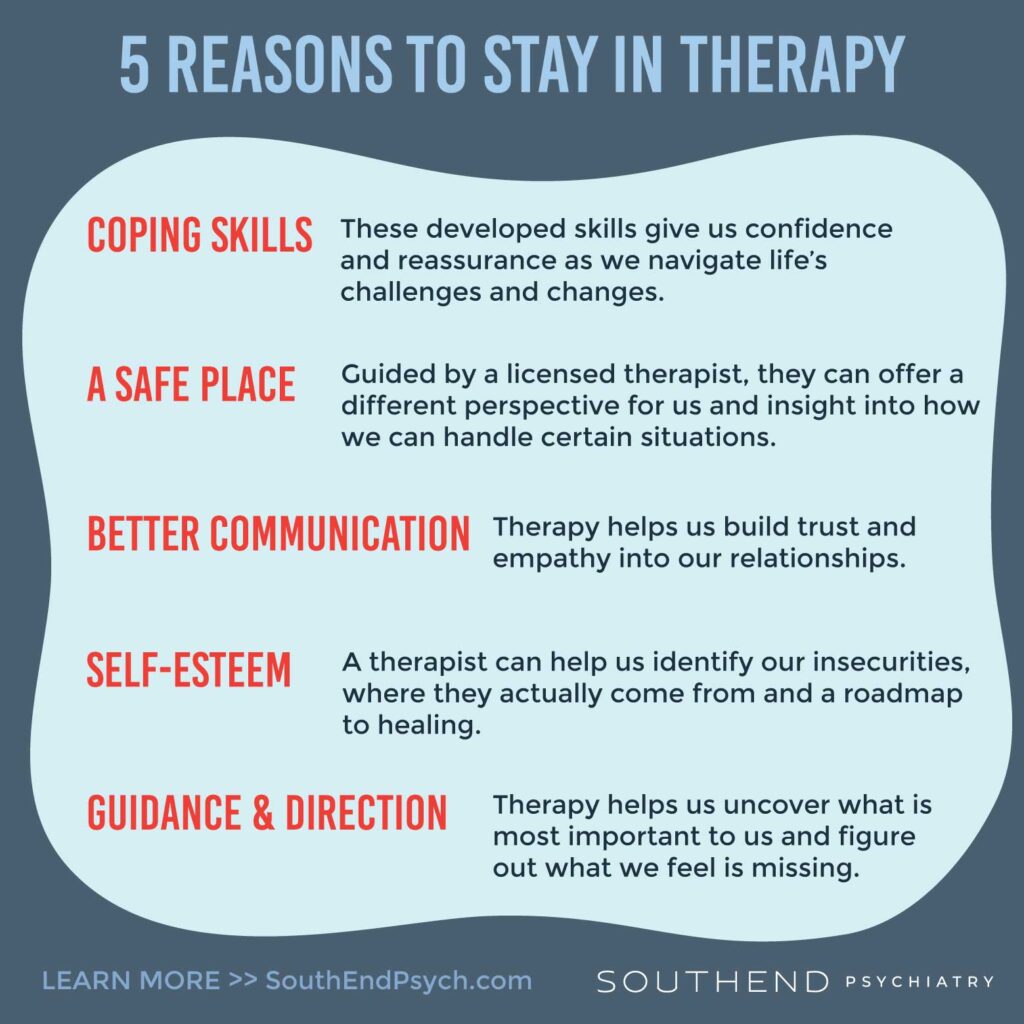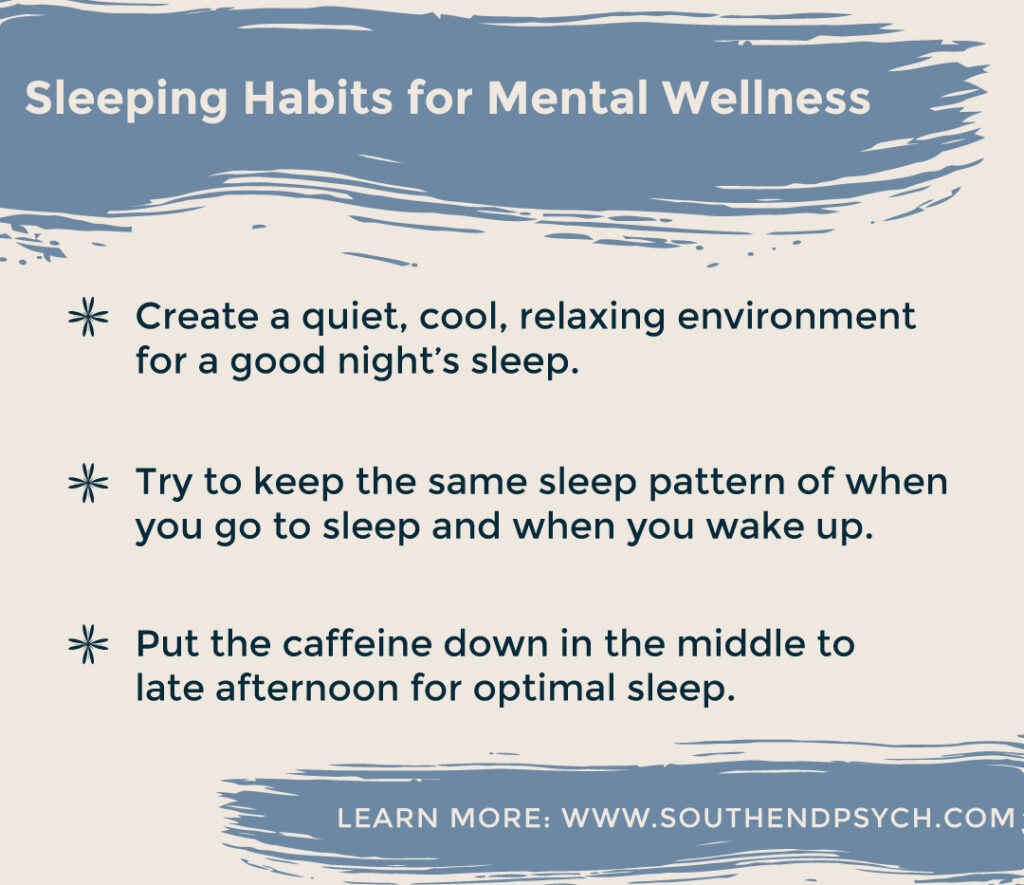June is Men’s Mental Health Awareness Month and SouthEnd Psychiatry is raising awareness for this less publicized yet critically vital topic.
As Healthline.com writes, there’s still a stigma around men’s mental health, making it more difficult for males of all ages to reach out for help. Some men might still feel as if people expect them to hide their emotions and “man up,” or be strong for others. Having or acknowledging a mental health condition is still seen as a sign of weakness or lack of masculinity among some men.
Mental Health America (MHA) adds that more than six million American men experience symptoms of depression annually and most go undiagnosed. Let’s dive into what causes those stressors.
Stressful Transitions
An article published by Medical News Today states that situational stressors play a major role in suicide deaths among males, many of whom do not have a documented mental health history, according to a 2021 analysis from the CDC. These stressors can include anything from relationship troubles to arguments, but all indicate a need for “support during stressful transitions.”
Stumbling Blocks for Men of Color
The National Alliance on Mental Health reports that just 1 in 3 Black adults with mental illness receives treatment, despite the fact that they are more likely to experience emotional distress than white adults. Generational racial trauma and violence against people of color, as played out in the news media, intensify this distress.
Unlikely Symptoms
A recent study conducted by the National Institute of Mental Health, found that symptoms of depression in males can be physiological, such as a racing heart, digestive issues, or headaches. Males may be more likely to see their doctor about physical symptoms than emotional symptoms.The organization also notes that men who experience depression may self-medicate with alcohol and other substances. However, this can exacerbate their issues and put them at risk of other health conditions.
What You Can Do
While it is becoming more and more acceptable for men to seek therapy, it is vital that we continue advocating for men’s mental health. Talk to your male loved ones. Check in with them. If they are experiencing depression, anger, anxiety or any other stressor, SouthEnd is here to help.
SouthEnd Psychiatry wants you to be well and to feel well in life. We invite you to start a conversation with us, on your terms, in-person or online and want you to know you’re not alone.
Southend Psychiatry
Schedule your appointment today with one of our SouthEnd Psychiatry clinicians. Book your appointment online or call 1-800-632-7969 to get started today.














